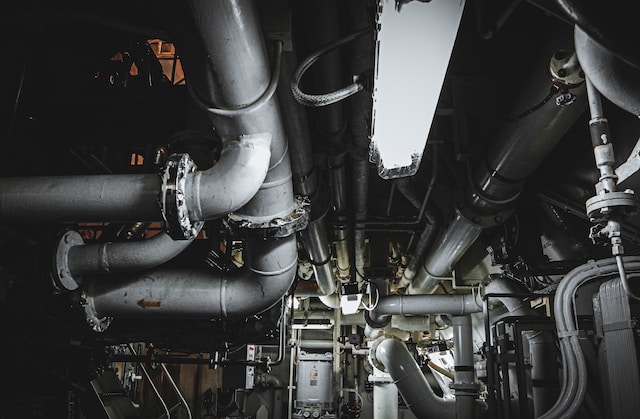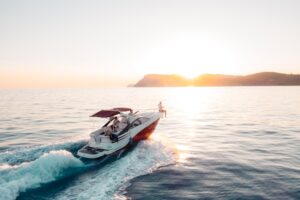Marine engine rooms are busy, hot, and noisy areas where crew members must wear specialized clothing. They must also be familiar with the many equipment systems that make up these spaces.
Pumps
Marine propulsion systems, transmissions, and ship engine room equipment play a critical role in the safe operation of ships under harsh weather conditions. These systems and equipment are designed to meet strict environmental regulations and emissions requirements. They must operate reliably and continuously for long periods while minimizing fuel consumption and power losses.
The condition of the pump’s inlet system is key to achieving optimum performance. The system must provide a net positive suction head (NPSH) greater than the total pump-developed head pressure.
This allows the pump to generate sufficient flow and pressure, reducing cavitation and increasing efficiency and process outcomes. NPSH can be monitored by measuring the differential pressure at the pump inlet and discharge. Other important parameters include bearing and lubricant temperature, vibration, and oil analysis. Monitoring and trending these parameters can help the engineer detect problems early, allowing for timely repairs to avoid costly downtime and equipment replacements.
Hydraulics
Hydraulic systems power various equipment, including cylinders, pumps, presses, and lifts. These systems use fluids to lubricate precision marine engine room parts.
The first line of defense is a good maintenance system to prevent hydraulic systems from malfunctioning. The system should be inspected and tested regularly to ensure all components function properly. Additionally, a record of each part’s hours is essential for planning maintenance procedures.
Hydraulic fluids should be filtered as soon as possible to minimize contamination. Also, it is important to flush the fluid before adding new and to seal tanks and reservoirs as quickly as possible. This will prevent the fluid from absorbing moisture and debris during transfer. Additionally, it is important to inspect pipes, hoses, and pipe connections regularly visually. This can identify leaks, cracks, and other problems affecting system performance. Investing in the right cleanliness standards will reduce costs associated with equipment replacement and unscheduled shutdowns.
Compressors
Marine engineers must keep track of the various clearances required for machinery to work properly. They include bearing and bumping clearances in compressors, crank pins, piston ring clearances in generators. This helps prevent machine damage caused by improper maintenance and planning.
The engine room extends to several stories and houses equipment like main diesel engines, fuel pumps, and other major propulsion and auxiliary machinery. These systems must be well maintained to ensure a smooth sailing experience for passengers and crew members.
Shipbuilders, owners and operators, procurement officers, marine engineers, and other maritime professionals can use this download to learn more about propulsion, transmission, and engine room equipment manufacturers and suppliers. It includes detailed information on their product offerings and contact details to help ease buying decisions. This document is also an introductory guide for engineering students at HNC, foundation degree levels, and marine engineering cadets.
Electrical
The engine room is usually located near the bottom or aft end of the ship. This design maximizes cargo-carrying capacity and situates the prime mover close to the propeller, minimizing equipment cost and problems posed by long shaft lines.
Electrical components are vital for ensuring that the machinery works correctly. They are also important for ensuring safety in the engine room. For example, wires must be properly insulated to prevent electrocution. Fuse boxes should be closed and insulated where possible, and electrical switchboards should be clearly labeled and insulated with appropriate matting.
Licensed engineers operate all vessel systems, including propulsion, fuel, steering mechanisms, feed systems, refrigeration, electrical, sewage systems, and lube oil. They are also in charge of managing and monitoring unlicensed crew members. This includes the fifth-class engineer, junior engineer, fireman, mechanical assistant (MA), pumpman, and electrician. Depending on rank, they also have various duties like planning and scheduling maintenance operations.







